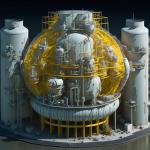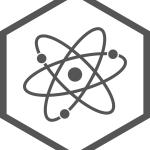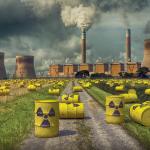You can find the original article and comments here.
Tritium dilution
Fukushima
Let’s start with tritium and its source
True enough: 70 years a
Anti-nuclear activists demand that California s last electri
ACSH advisor Dr.
An op-ed in today s NY Daily News by two members of the Manhattan Institute calls





